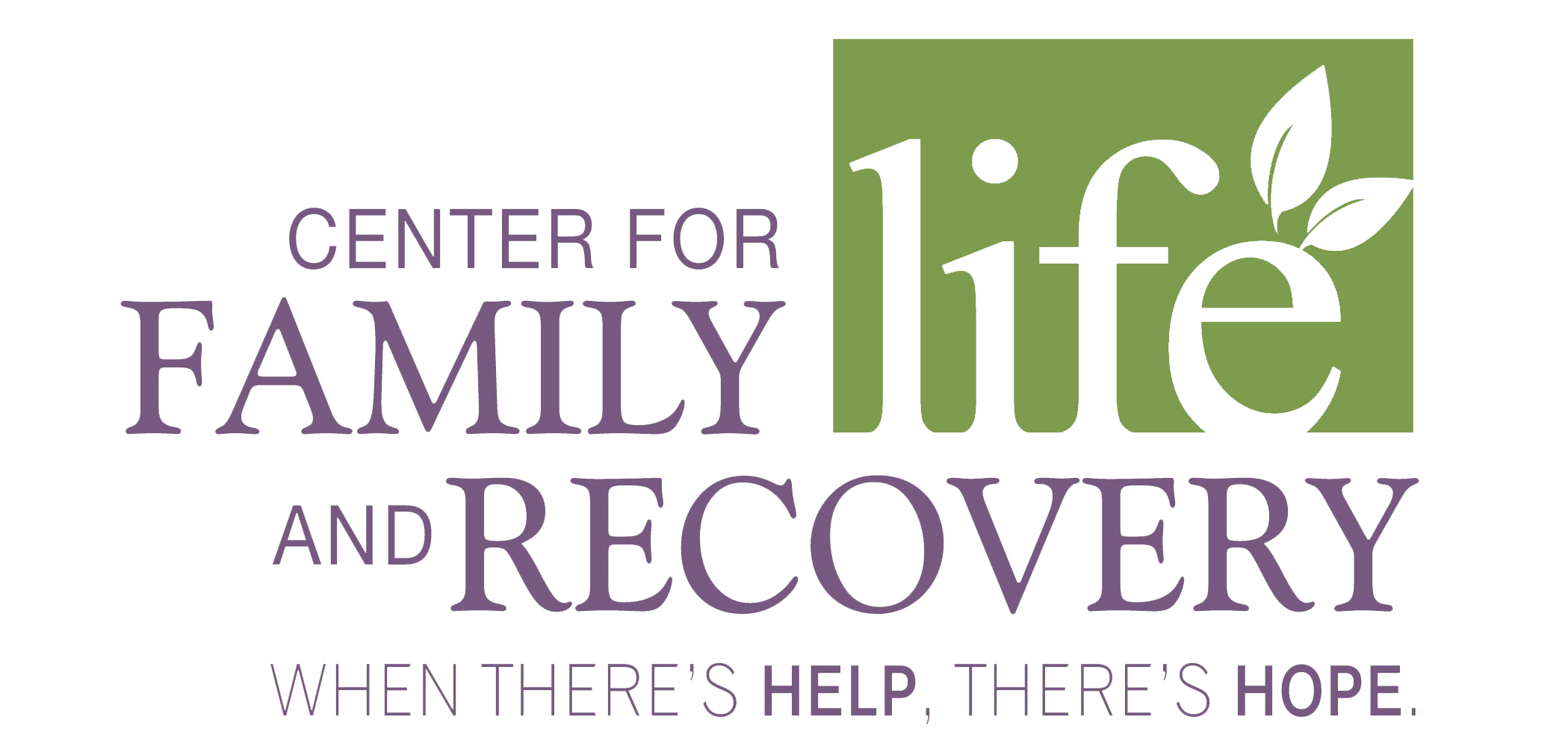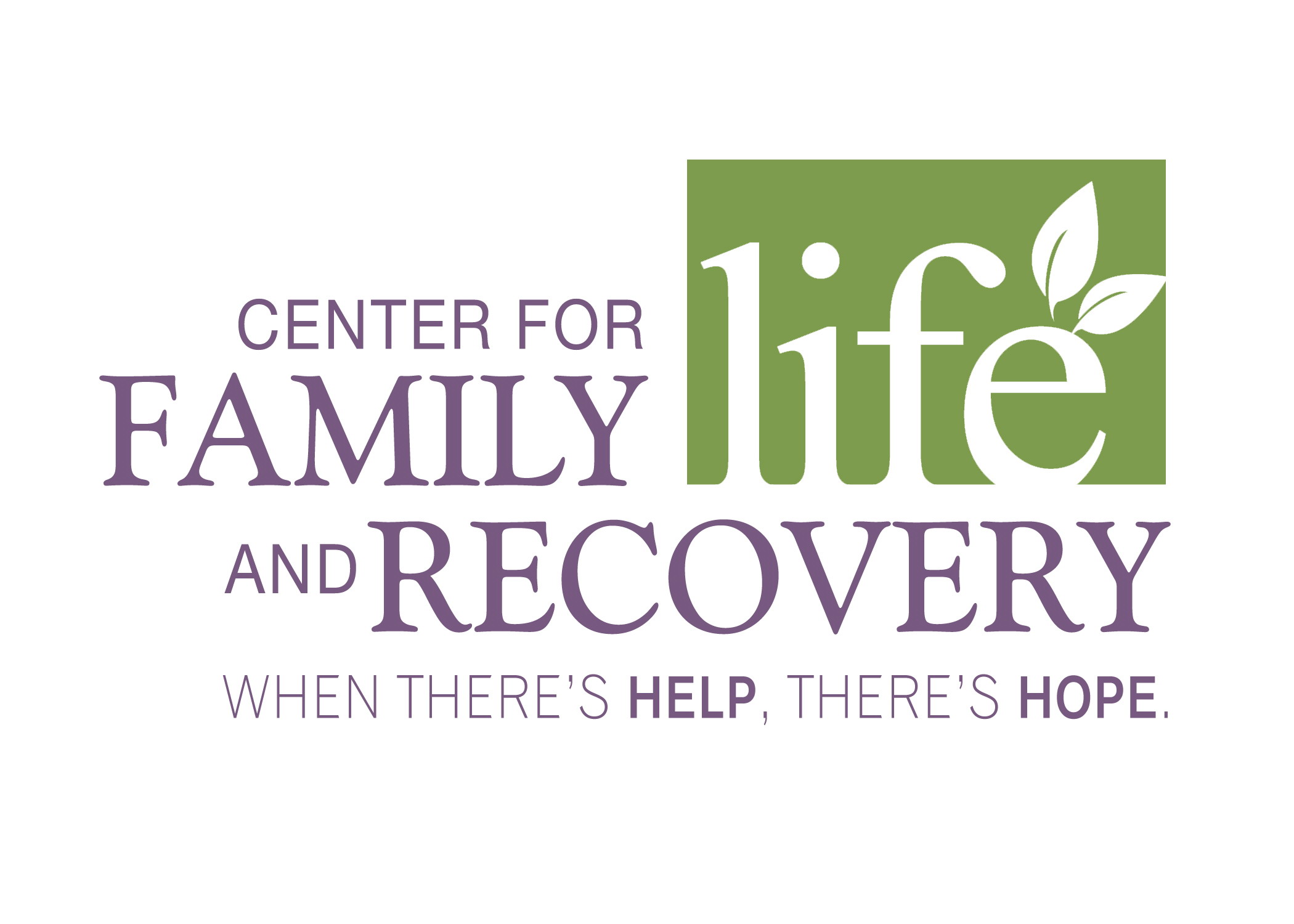March 13, 2014 by Joseph Stuart
Sex-offender. Sexual abuse. Molestation. These are words that evoke intense emotional responses. On any given day, it is unusual if not impossible to read the newspaper, or watch the local news, without seeing or hearing about yet another horrific and heart breaking situation of the sexual abuse of children. According to the Oneida County Child Advocacy Center (C.A.C.), which investigates reports of child sexual abuse, in 2013 there were 602 reported cases of sexual abuse in Oneida County, which involved 775 total suspects, 642 primary child victims and 428 secondary child victims.
The public’s response is understandably one of outrage, anger, fear and concern for the safety of children and our community. Terms such as pedophile, sexual predator, child molester, rapist and sociopath are indiscriminately used. Beliefs such as once a sex offender always a sex offender, there is no cure for sex offenders, and sex offenders have the highest recidivism rate of all offenders are commonly held. This has resulted in well intentioned attempts to keep our children and community safe, including tougher penalties, registration and community notification, residency restrictions, curfews, computer and internet prohibitions electronic monitoring and civil confinement.
What is the truth about who these people are, and why they do such harmful and damaging things? Can they change, and if so what are the factors that can help and/or hinder their success in doing so? Is treatment effective? What can families and communities do to help keep their children safe from sex offenders, and sexual abuse? Perhaps most importantly, how can the concept of recovery be applied to people who have committed sexual abuse against children?
The truth is that sex offenders are an extremely diverse group of people with greatly varying characteristics, motivations, underlying issues, contributing factors, treatment needs and risks to re-abuse. Sex offenders can and do recover and go on to lead pro-social lives and to be productive, contributing members of their communities, when provided with the means to do so. Research in the field indicates that the majority of sex offenders do not re-abuse after they are detected and that their recidivism rates can be significantly reduced through a combination of evidence based risk assessment and treatment, community supervision and accountability and a positive, pro-social support system. In fact, communities have much to gain in terms of public safety and the protection of children by implementing policies and making available resources that help facilitate and sustain the recovery of people who have committed sexual abuse.
The Professional Training Coalition of Oneida County, in partnership with Center for Family Life and Recovery, Inc., will be providing a one day training that addresses these issues and more, entitled “Responding to the Challenges of Sexual Offenders in our Communities: A Recovery Based Approach,” on Friday, March 21, 2014 from 9:00A.M. – 4:00P.M. (Registration at 8:30P.M.), at the Radisson Hotel-Utica Centre in Utica New York 13502. Cost is $30.00 per person; pre-registration required. The presenters will be Bonnie Zweifel, LMSW, Clinical Counselor for CFLR, Inc., and myself, Clinical Services Director for CFLR, Inc.. For more information or to register for this training, please contact Samantha Madderom, Prevention Specialist for CFLR, Inc., at (315) 733 – 1709.

